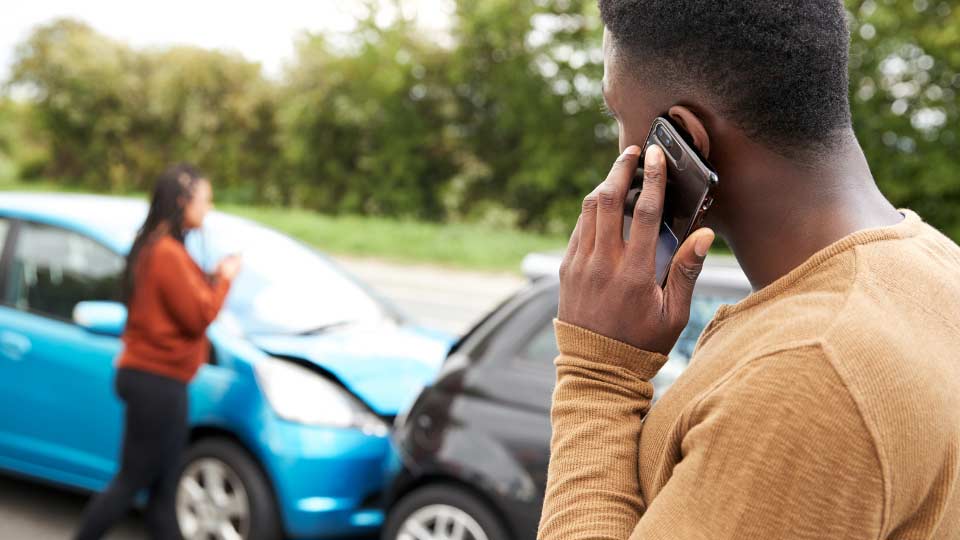No one wants to be in an auto accident, however there are roughly 6 million car accidents each year, which is roughly 16,000 per day. According to the CDC, auto accidents are the second most common cause of injury in the US, behind only poisoning.
Given the odds of getting into an accident, it is important that you are prepared should it happen to you. This means being prepared before you ever even get into an accident as well as know how to handle the situation after the accident. Here are some tips for handling the situation.
Before an Accident
Get Adequate Coverage: Your ability to protect yourself, your family and other drivers is to have the right coverage. There are standard coverage options, but additional coverage might make sense if you are prone to accidents or you drive your vehicle often. In addition to finding ways to save on auto insurance, you should spend time understanding the right coverage for you.
Keep Records in Your Car: Make sure you have your vehicle registration information, proof of auto insurance, important medical information, etc. This will help make sure you have all the information you need should you get in an auto accident.
Put Emergency Equipment in Your Car: From tire jacks to flares and cones, make sure you have the equipment needed to alert other drivers of your presence on the road. This will help protect you, especially on highways or at nighttime when visibility is lower for other drivers.
After an Accident
Be Careful: After your accident, if your vehicle is still drivable, make sure to slowly get to the side of the road. If you cannot move your vehicle, call the authorities immediately before you get out of the car, especially on the highway. Also, road rage is a common cause of accidents and you need to be careful in these scenarios.
Check Yourself, Passengers & Other Drivers: Make sure you and your passengers are ok and that they do not have a serious injury from the accident. Tend to those injuries as best you can but call 911 immediately if you or your passengers appear to be injured.
Assess Car Damage: If you, your passengers and other drivers are ok and you have exited the road, now is the time you can set up your emergency equipment and assess the damages of your vehicle and the other vehicles involved.
Don’t Leave: If you hit a parked vehicle, wait for the driver to return. If they do not return after a period of time, leave a note with all of your pertinent information.
Collect Information: Share your relevant information with the other driver(s) and provide the necessary contact information for them as well. Also collect their information such as license information, registration, insurance, the car details, etc. Be as thorough as possible.
Alert Authorities: If you have not already, alert the police of your accident, especially if it is a serious one. Wait for them to arrive to take a police report and collect the information of the officers/authorities that arrive.
Start Claims Process: After you’ve left the scene and have collected and shared all the relevant information with all the parties involved, now you can begin to go through the claims process with your insurance company. Alert your insurance agent about the accident and begin the process of making a claim to handle repairs.
Conclusion
The best thing you can do when you get in an auto accident is to know how to handle the situation as safely as possible. But even before an auto accident, take the time to prepare yourself with the right auto insurance policy for your particular situation. Your insurance agent will be able to help you in this process and make sure you, your family and other drivers are protected.
Contact us today for an auto insurance quote.


